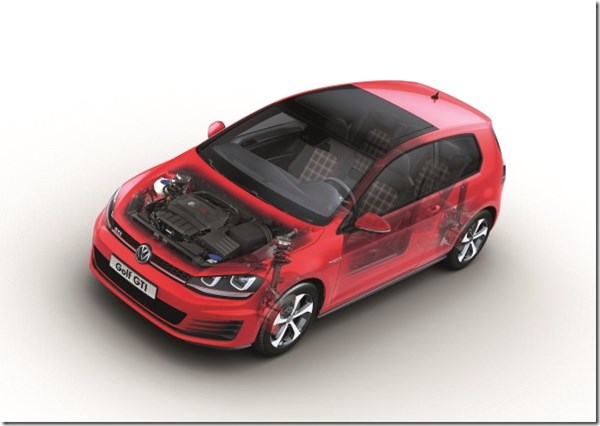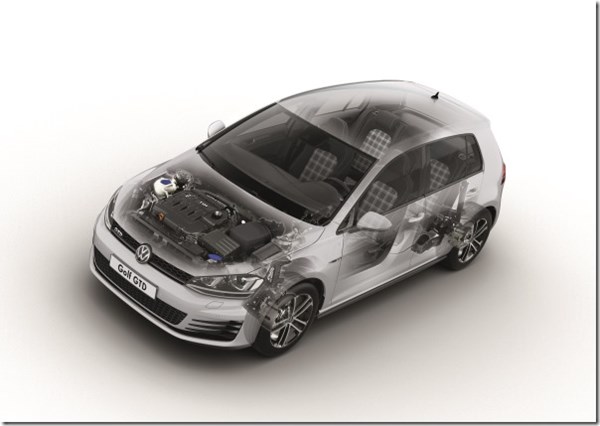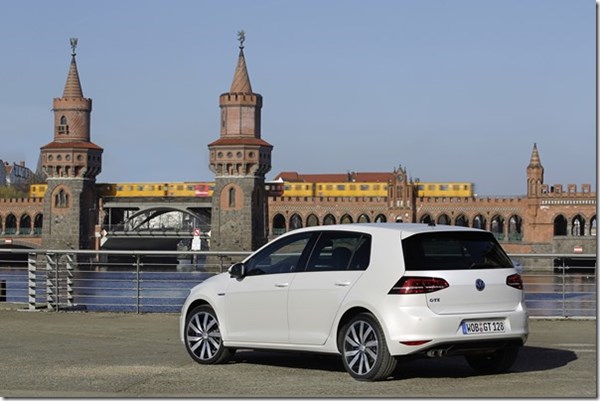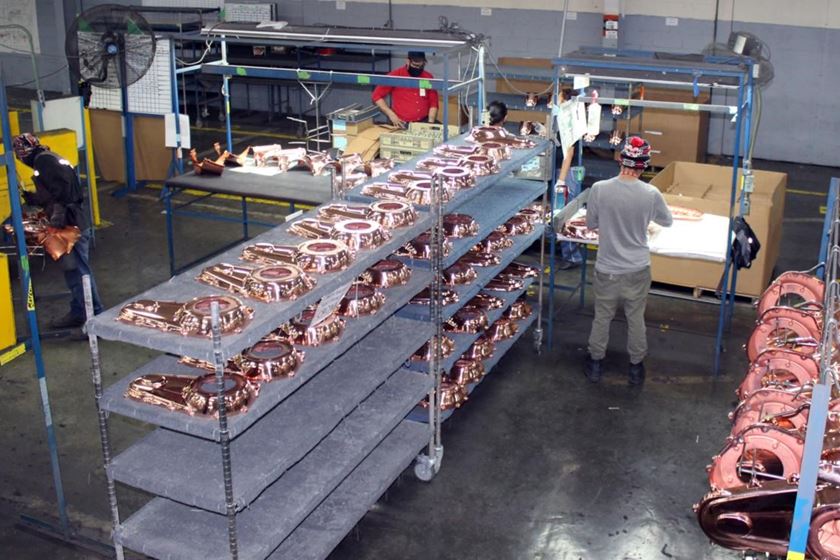VW’s Powertrain Approach, GM Recalls, IQS Numbers, & More
So there’s the new, but now-familiar Volkswagen GTI with its 2.0-liter, direct-injected turbocharged engine that produces 217 hp.
So there’s the new, but now-familiar Volkswagen GTI with its 2.0-liter, direct-injected turbocharged engine that produces 217 hp.

Featured Content
Then there’s the GTD, which has a 2.0-liter 182-hp diesel engine that produces 380 lb-ft of torque.

And there’s even the GTE, a plug in hybrid that combines a 1.4-liter, 148-hp engine with a 75-kW electric motor.

In the U.S., the first is available. But what about the other two?
That’s a question—among others—that we put to Oliver Schmidt, General Manager, Engineering & Environmental Office, Powertrain & Fuel Strategy, Volkswagen of America, in this edition of “Autoline After Hours.”
Schmidt is well-versed in the VW powertrain strategy going forward, and he tells John McElroy of Autoline, Mark Phelan of the Detroit Free Press and me what he can about VW’s approach to engines, noting that just because the company has something on sale in Europe (e.g., the GTD) doesn’t mean that it necessarily makes sense for the U.S. market, even though there may be some (e.g., me) who think it is a wonderful car.
In addition to which, the panel discusses General Motors’ on-going recall saga, as last week Mary Barra appeared before U.S. House Committee on Energy & Commerce Subcommittee on Oversight and Investigations (“And I am not going to accept business as usual at GM. It's time — in fact, it’s past time — to insist on total accountability and make sure that vital information is shared across all functions in our company… so we can unleash the full power of our 200,000 employees, our 21,000 dealers and our 23,000 suppliers.”).
Also, the J.D. Power Initial Quality Survey results were released last week, as well, and the relevance of those numbers is also discussed—and it is somewhat more lively than you may image.
It’s all here:


.jpg;width=70;height=70;mode=crop)
















